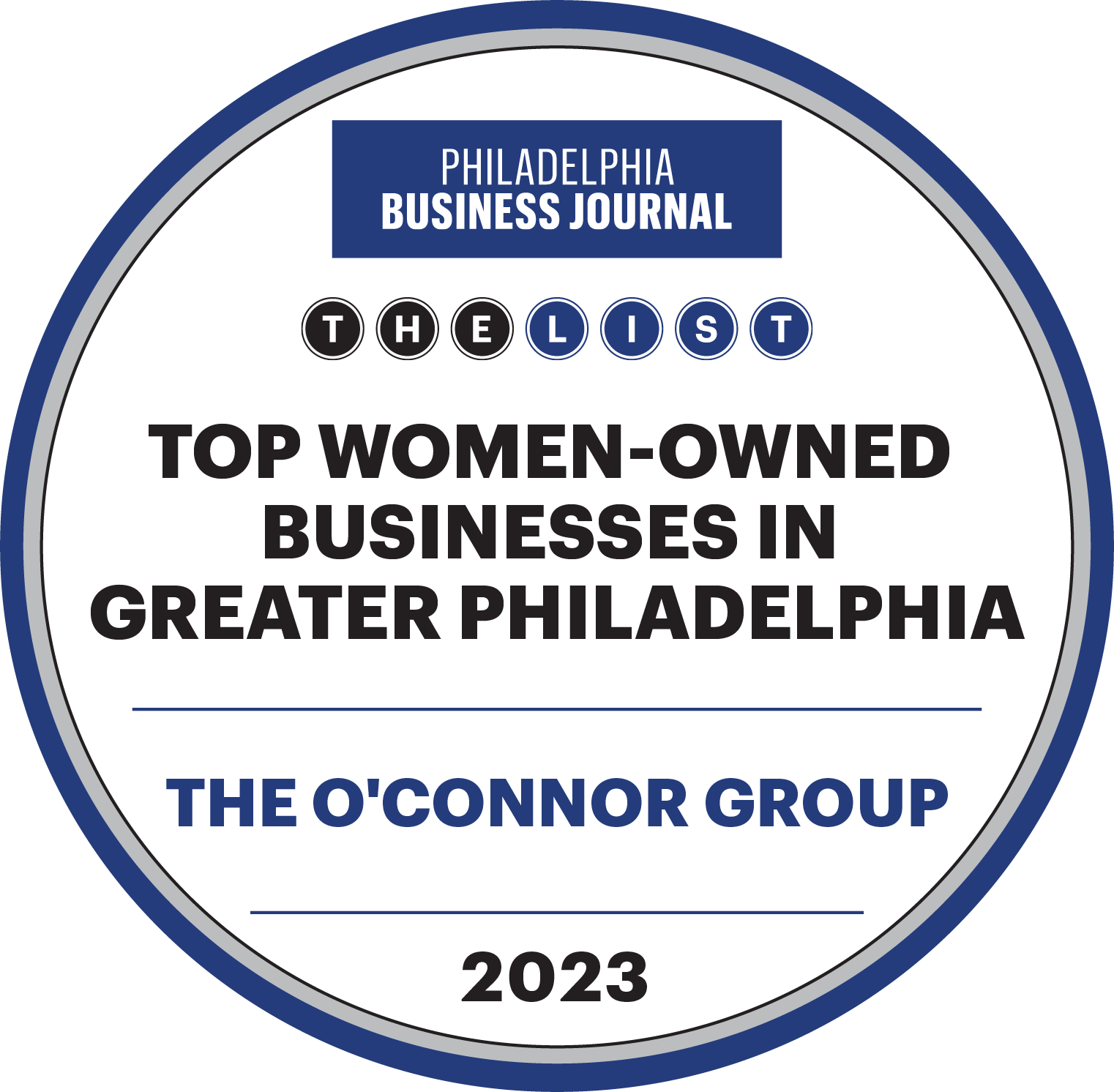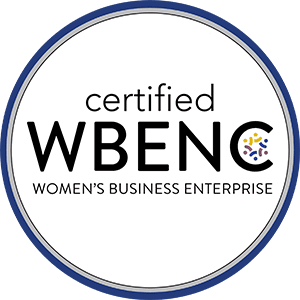Creating a Meaningful Interview Experience
Aug 4th, 2022
In today's competitive market (unemployment is still 3.6%) standing out to candidates during interviews is increasingly important. Candidates have options and while it’s still important they are prepared it’s also equally important that hiring managers and companies are creating a meaningful interview experience. It is so important to understand what high-quality candidates are looking for and to ask them questions to really understand what is important to their success. It’s no longer an option to simply see what candidates show up best to the interview, employers and hiring managers need to show up and be ready to help top talent understand how they will succeed in their organization. I joined The O’Conner Group at the beginning of this year and one of the reasons I felt so comfortable doing so was the organized interview process. I also appreciated that the managers and leaders asked me what I was looking for and what was important to my success; it ensured I felt excited to join and also laid the groundwork for my own development.
As a hiring manager or someone conducting an interview make sure you have a plan prior to jumping on a zoom, teams, or in-person interview. It may seem straightforward, but candidates can tell when the person interviewing them is scrambling to review their resume and has not taken the time to plan their questions. When candidates sense they are not the priority they will have a hard time believing the organization would take the time to properly train and support them.
Here are a few pointers to help:
- Have a plan for your interviews. When possible, try to put a hold on your calendar ahead of an interview, even 10 mins to ensure you reread the resume and have your questions prepared will make a huge difference. Holding time prior to the interview will also help ensure you are on time.
- Set the tone for the interview up front, and let the candidates know what types of questions you will be asking and what you hope to cover. An example would be “I would like to start by reviewing your prior experience and then I have some specific behavioral-based questions. I will leave time to explain more about the role and answer any questions you may have about the role and our organization”. This is a quick and effective way to let candidates know you are prepared and to help ease concerns over the flow of the interview.
- Have consistent questions you ask all candidates for the same role but also ask follow-up questions if you are unsure, you got what you needed in your response. An example of a follow-up would be “you mentioned you were leading a team, but I would like to know more about the team size and structure”
- Always ensure you are asking the right types of questions, here is a quick review provided by LinkedIn: https://www.linkedin.com/pulse/what-you-should-never-ask-candidate-during-interview-2022-marsili/
- Allow candidates time to think through their answers. Letting candidates know it’s ok to take a few minutes to think of an example will go a long way.
- Ask candidates what they are looking for in a new role and what is important to them in their work and an organization. This will make quality candidates feel valued and help guide the conversation. As an example, some candidates may really want to understand what perks and benefits are offered while others might care more about overall career development; you want to make sure you spend the time on what is important to that candidate.
- Candidates want to get a sense of the impact they will make, if there is a high-priority project, they will be involved in making sure they know. Also sharing why you as a leader at the organization have felt connected to the work and organization is very important and valuable.
- Transparency goes a long way, if your organization has had previous workforce reductions or is going through leadership changes make sure you are prepared to address that (high-quality candidates will do their research). Things will happen at various points in all organizations and being able to address them and move the interview along will build trust.
- Thank candidates for their time and give them an idea of the timeline. The market is still moving quickly and following up with high-quality candidates on a quick decision is increasingly important however full transparency goes a long way too; if you have a planned vacation and know it may be 2 weeks till a decision is reached share that feedback as well.
After you have selected and hopefully have a new hire joining your team remember to keep the engagement going, let them know you are looking forward to working together, and remain open to questions if they need to check in ahead of their start date. Remember to put yourself in the candidates’ shoes or remember what impressed you from prior interviews. The effort you put in for your interviews will make the difference in your bringing on board the right talent!







